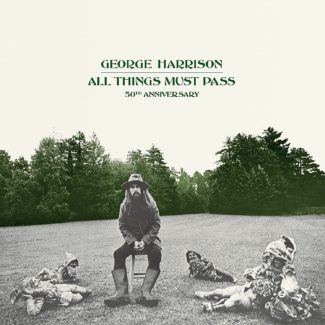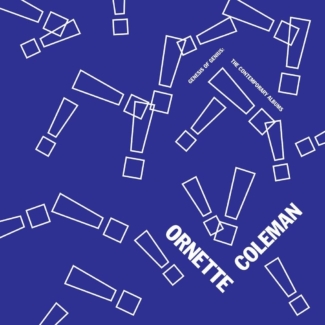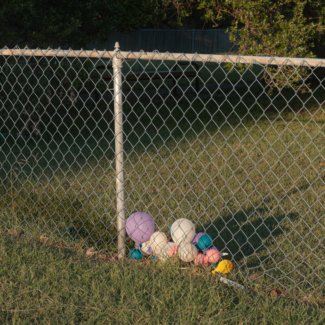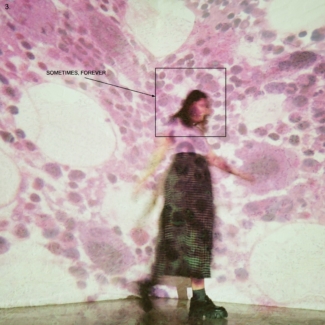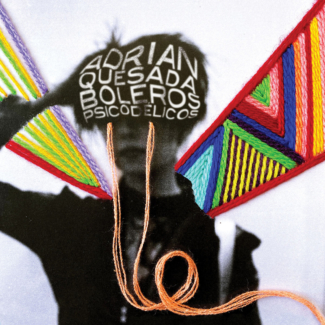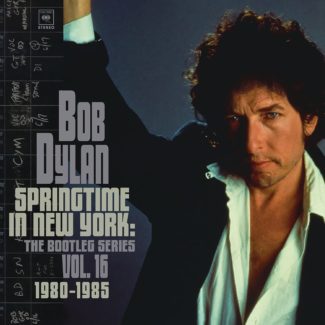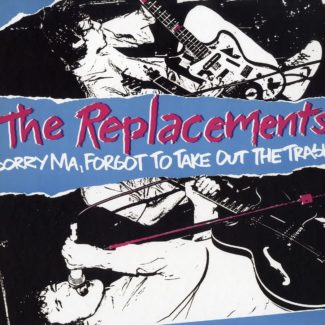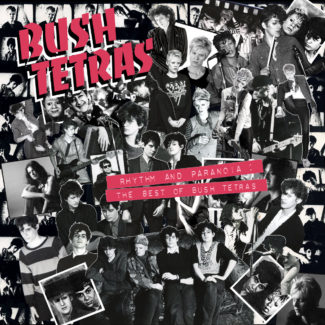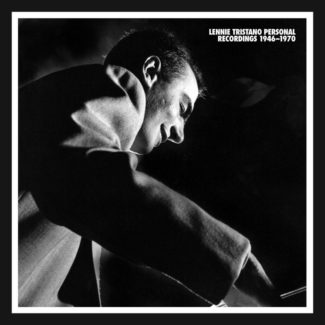There’s a cringing moment in Peter Jackson’s Get Back documentary, filmed shortly before Harrison walks out of the 1969 Beatles sessions, when the ‘Quiet Beatle’ announces he has a new song. He sings it softly, his manner reserved. And when he finishes, John and Paul simply start talking about something else. Even as fractured as their relationship was at that point, the pair’s intimidation hangs heavy in the room. Harrison might have been in the biggest band in the world, but it’s still staggering to see Lennon and McCartney dismiss their friend as little more than an afterthought. Harrison had managed to land a couple of songs on most Beatle albums, but it was really only his last few years with the group that he had started to write in earnest. When later in Get Back, he boasts he has more than an album’s worth of songs stored up, he wasn’t exaggerating. Producing others, writing and collaborating with artists like Bob Dylan who treated him as equals, emboldened and awakened Harrison as an artist. His micromanaged Beatles world began to feel smaller than ever. Eyeing his first solo recording of songs, it was understandable Harrison was ready to go big. The sessions were overstuffed, incorporating two drummers, two bass players, an army of guitarists and other musicians including Badfinger and Eric Clapton’s new band. Phil Spector, fresh off salvaging the Get Back sessions for the Let It Be album, was hired on as co-producer. The recording sessions were long and chaotic, but in the end, All Things Must Pass emerged as a masterpiece. Eclipsing Lennon’s stark, brilliant Plastic Ono Band, released at the same time, and going on to drastically outsell other post-Beatle mile markers like Ram, Imagine, and Band on the Run, rock’s first triple-album of all original material is widely considered the best solo album by any Beatle. This new ‘Super Deluxe’ version includes numerous outtakes, but the thirty demos are the real hidden treasure. Exposed, you can hear in Harrison the passion, nervousness and excitement of an artist finally getting to call his own shots, the years of work hidden away finally seeing daylight. You also hear what’s missing, the magic holography Phil Spector and Harrison would apply to mid-tempo balladry like “Beware of Darkness”, “My Sweet Lord”, “Let It Down”, “Run of the Mill”; the dense and surprising electricity powering rockers like “Wah Wah”, “What Is Life”. It’s not only Harrison’s pent-up artistry that made the record such a success, it’s the sound; transforming the intimate into a joyous celebration. ATMP boasts one of the most thrilling and unique rock productions of all time. But – you won’t find it here. Like all of the voluminous Beatles reissues, the album has a new remix. Remixes can be fun to hear; they emphasize new parts, present material in a new light. In his lifetime, Harrison came to regret piling on to what he called the ‘overly busy production sound of the time’. Attempting to find ‘new clarity’ by stripping away effects and emphasizing his vocals in the mix is a worthwhile experiment. But it’s just that. There are interesting flourishes in these remixes, and they do attempt to preserve the spirit of the original. Yet at times they are jarring and fall flat. In a large collection celebrating a classic that represents some of Spector’s best work, particularly one that includes (on the CD version) a blu-ray DVD and almost forty minutes of superfluous ‘Apple Jams’, how can there not be room to include the original album? It’s the set’s one significant flaw. We’ve all had the experience of seeking out an old song on digital streaming platforms, only to find a weird, cheaper, alternate take. How many people sold their original copy of ATMP in anticipation of buying this box set? How long before this kind of revisionist history becomes what people remember? Back in 1971, when the album was first released, Harrison had planted his feet more in a more spiritual arena than the man who once wrote “Taxman”. Even so, the success of ATMP must have been immensely gratifying. Harrison largely stayed above John and Paul’s sniping in the post-Beatles world, but there’s no mistaking the significance of his album’s title, or even its cover photo. On “Wah Wah”, his declaration of independence written during his temporary 1969 Beatles walkout, he’s not so much angry as determined. “I know how sweet life can be / If I keep myself free.” He wouldn’t get there for another year, but after years of hiding in plain sight, he knew exactly how to move forward. “The biggest opportunity in any of our lives,” he writes in notes included here, “is to become realised.”
Review by Jeff McCord
